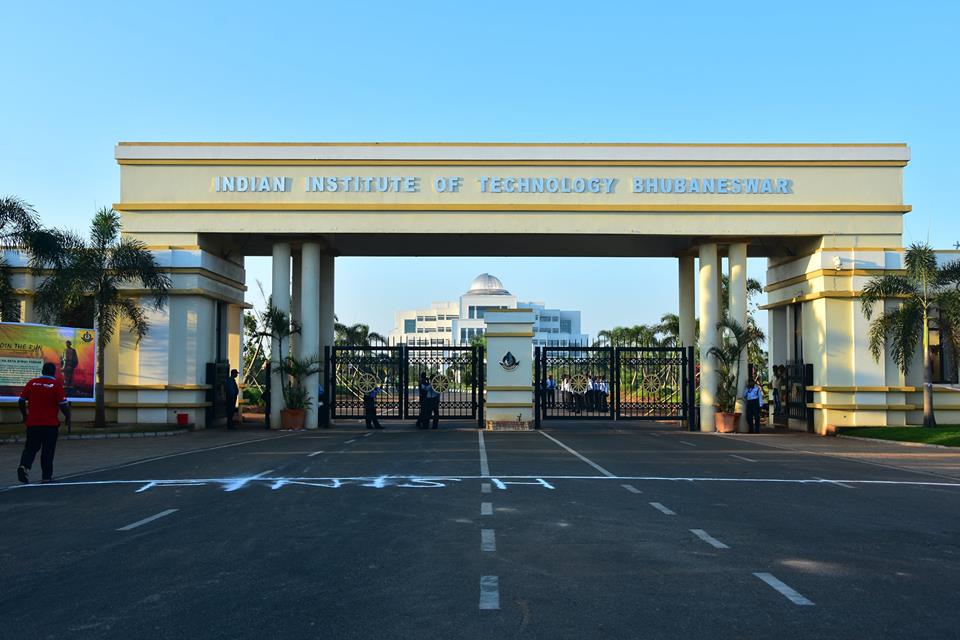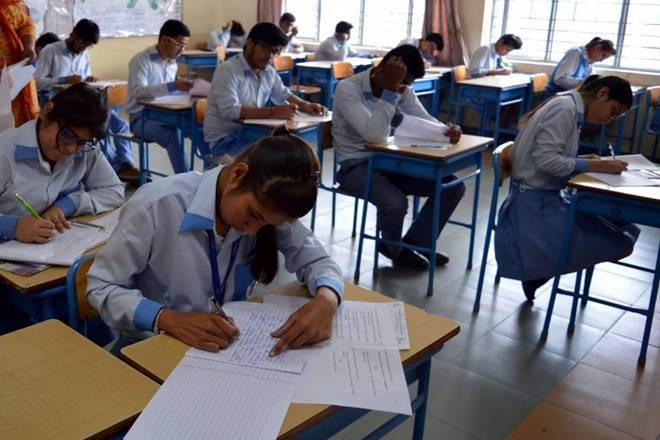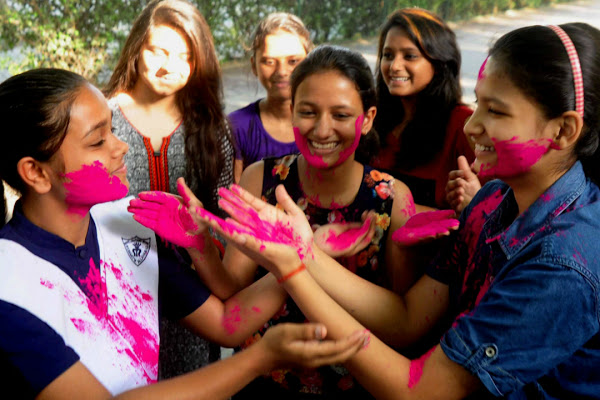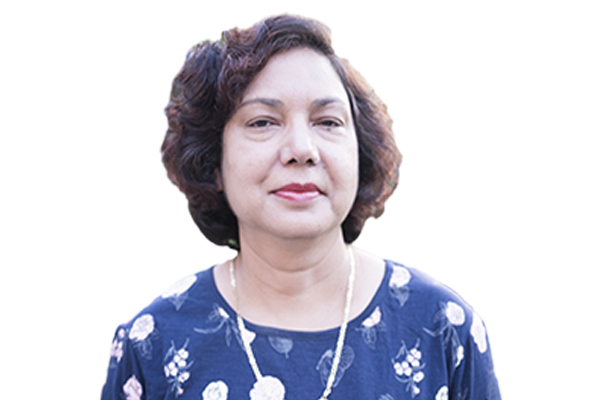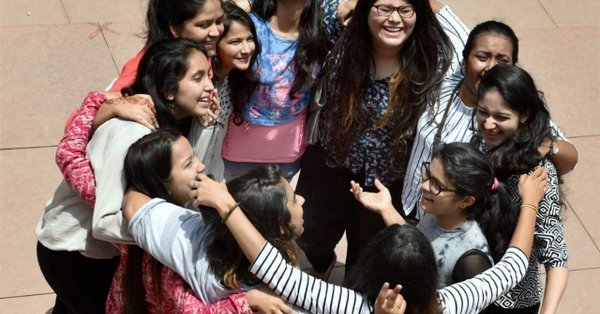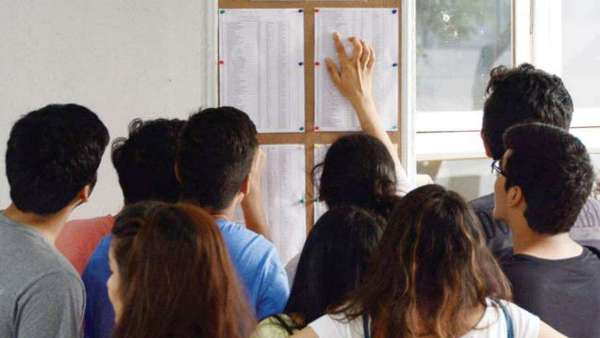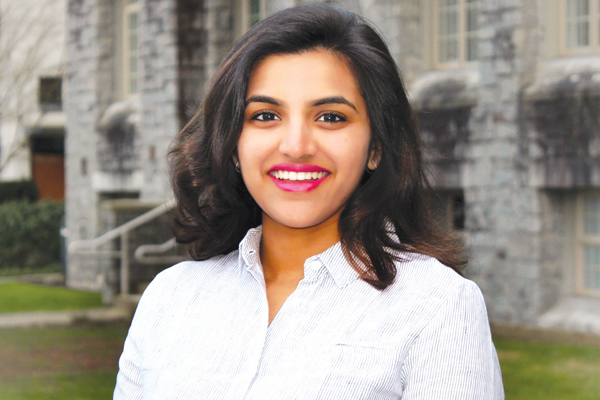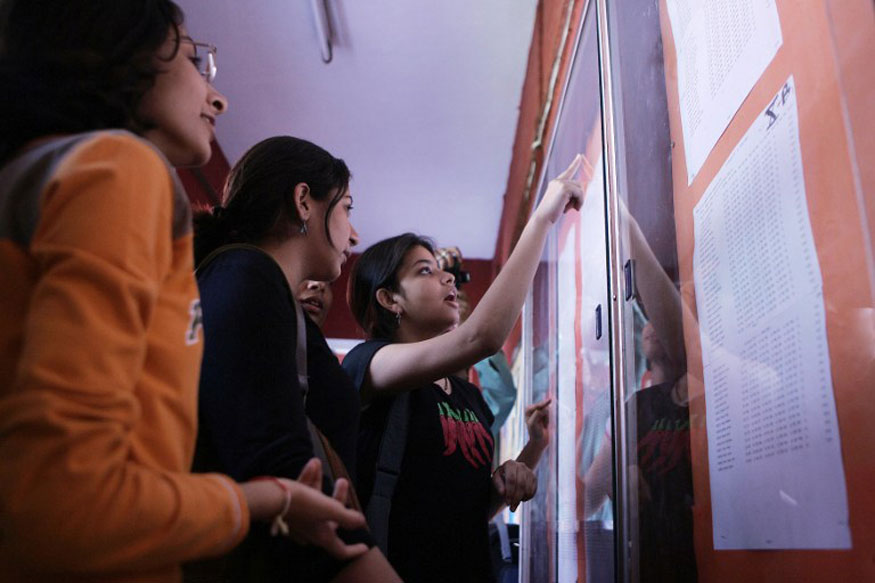Motivation plays an important role in improving the quality of education and it is also an effective tool in building team work.
There are many other means available to the leaders for quality improvement. One of these can be moral and spiritual upliftment of the individuals, no matter if they are leaders or workers.
Moral and spiritual level can play a much greater role in building an atmosphere of quality consciousness. A morally high and spiritually elevated individual has a sharper focus on the job, as his strategy of working is doing things with sincerity and truthfulness, devoid of self-interest.
A selfless motivation is the best form of motivation that inspires one with single-minded devotion.
Therefore, the City Montessori School has introduced moral and spiritual emancipation among its students as a predominant factor in the functioning of the Students Quality Circles. City Montessori School happens to be the first school in the world that has formed Students Quality Circles with focus on moral and spiritual emancipation. The case studies prepared by the students that have received international approbation were all based on the premise that moral and spiritual emancipation should precede the concept of quality education.
Also Read: Quality education paving way for India to be a developed nation
The school believes that morally and spiritually uplifted beings can always evolve as better quality individuals because of their natural sense of honesty and truthfulness in them towards every work. Therefore, the City Montessori School emphasises on moral and spiritual education of children from early stages of school life, as an essential requirement.
An appropriate environment is also required in which the child learns to imbibe moral qualities and spiritual values. For this, the school has extended the duration of morning prayer assembly to 30 minutes.
During this, students are motivated to cultivate moral qualities and a sense of devotion to God.
In modern times, a lot of people have neglected moral and spiritual values for material means. They have started according high importance to wealth acquisition even by dishonest means. The fact is there is no limit to material possessions or greed. It is due to lack of moral strength that an individual gets inclined to amass or run after things out of greed.
A person with good moral qualities shall not run after material possessions. Instead he shall restrain himself from resorting to immoral means.
Moral and spiritual virtues will motivate the individuals to find honest ways to improve quality. Morally and spiritually conscious individuals can handle quality inputs in a better way. Moral and spiritual values enhance understanding and the fundamental concept of the job in hand. Such an individual will wholeheartedly converge on the point of the quality without getting deflecting to other unnecessary objects. Total concentration can better be achieved through moral and spiritual knowledge.
If traits of a Total Quality Person (TPQ) are to be achieved, the person should be fully trained in moral and spiritual values from early stages of life, both at home and at school.
Parents have as much role to play in shaping up a child’s character as much as the school has. The examples set by parents leave a lasting impression on the child.
If the child has been properly motivated by parents to cultivate moral and spiritual values, the teachers have a much easier job in strengthening them at school. The moral and spiritual path will certainly lead children towards becoming a total quality person.
For an adult, it is difficult to cultivate moral and spiritual values if he has not experience them at initial stage of life. It is only in childhood that one can become habitual of moral and spiritual values. Therefore, proper moral and spiritual education at an early age is an indispensable requirement for shaping the individual as a total quality person.
Moral and spiritual knowledge is the fountain of strength for securing success in every venture. Fear of God and moral strength deter the individual from committing sins. A person having moral and spiritual power develops the capacity to overcome hurdles.
Besides, a person known for moral and spiritual strength, commands respect and therefore proves a better leader.
He has got a natural quality of leading men to achieve better results. A person lacking these qualities does not command due respect that a leader must command. Therefore, such a person will not prove to be an ideal leader, however much qualified and experienced he or she might be.
A total quality manager’s status can be acquired only by a person who has the requisite moral and spiritual values. And, these must be nurtured in an individual at early stages of life.”.






